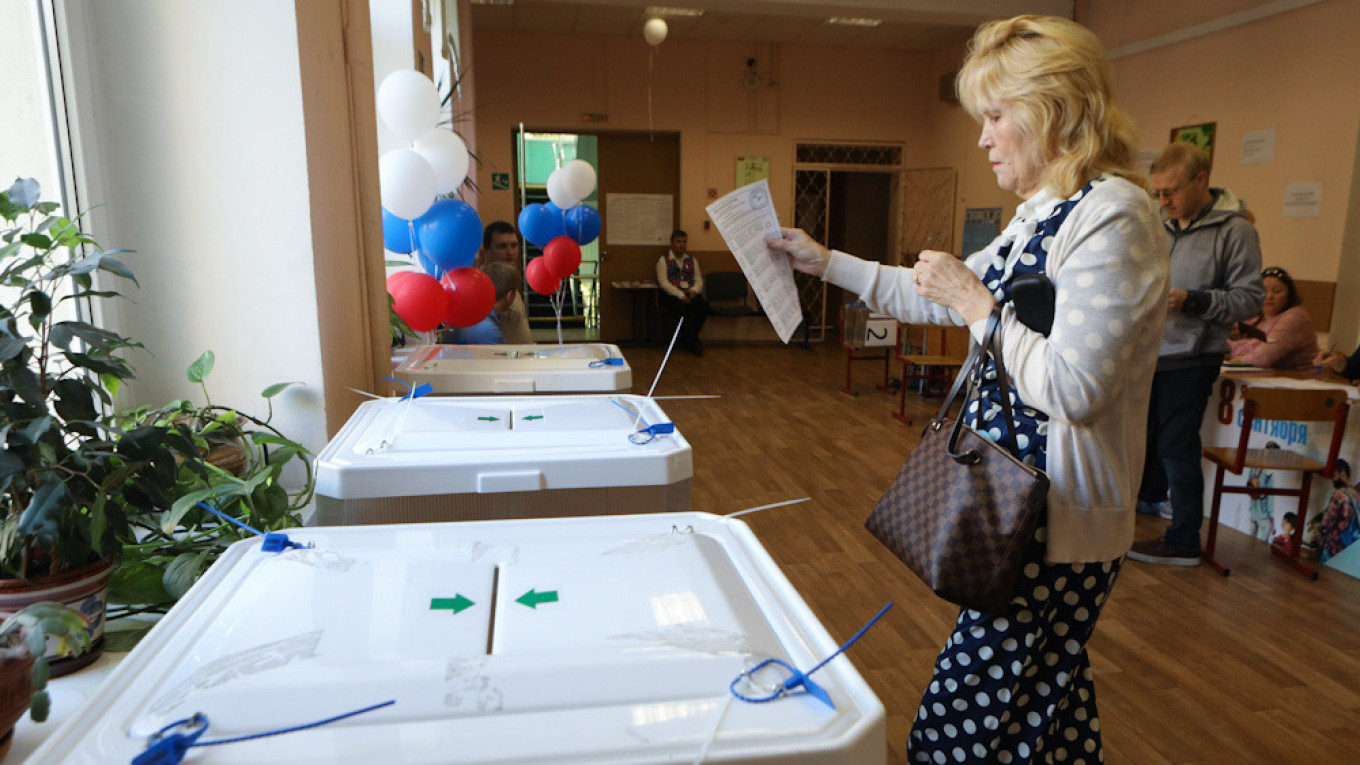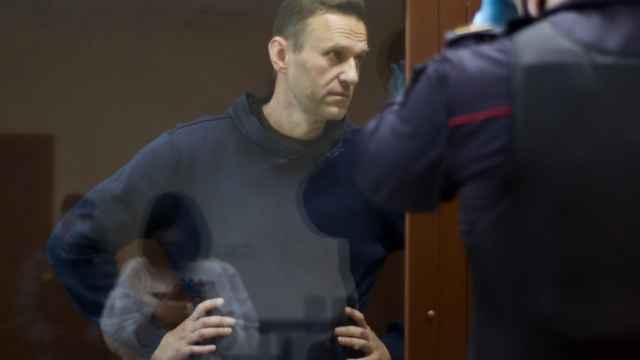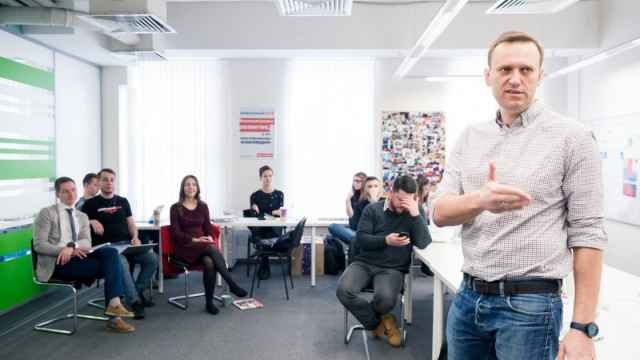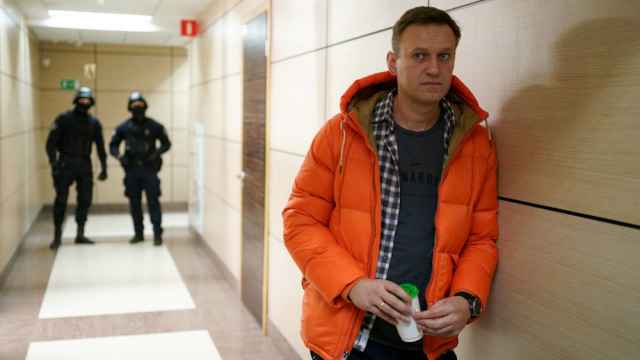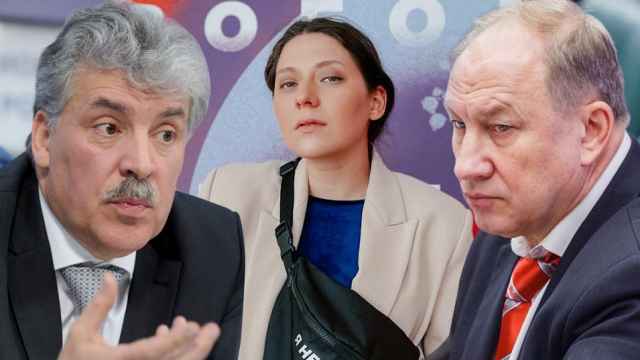Office workers across Russia have long been in the habit of saying, “Let’s leave that until after the holidays.” This refers to the very long break for Christmas and New Year’s, after which Russians have the holidays in February and March devoted to men and women, and then the almost seamless transition to the long May holidays. After that comes summer, which ends with New Year’s just around the corner again.
It’s a running joke, but not a very funny one because all these holidays leave almost no time to get any serious work done. At every step, someone says, “Let’s do that after the holidays” — in the very best traditions of Byzantine red tape and bureaucracy.
But this year’s political season has added another, similar phrase to that worn out expression — namely, “Let’s wait for after the elections”.
This refers to the State Duma elections in September.
Most observers believe the upcoming elections are what’s causing the Russian authorities to behave so nervously, to hang the “extremist” label on ever more opposition politicians and activists, and branding a growing number of journalists as “foreign agents”.
It’s as though the Kremlin fears a repeat of what happened in Belarus last year, when hundreds of thousands of people took to the streets to peacefully protest elections that Alexander Lukashenko had obviously rigged in his favor.
To prevent the same thing from happening in Russia, the authorities are doing everything they can to keep “dangerous” — meaning potentially popular — candidates off the ballot. For this, they are, first, hurriedly introducing new laws that have retroactive force, but are also using their time-tested tactic of pressing criminal charges against anyone whom they don’t want to run. Second, they are simply letting the steamroller of repression flatten everyone in its path, ordering searches and arrests on an almost daily basis.
By keeping strong candidates off the ballot, the authorities hope to prevent anyone from “stealing” the vote. And by scaring everyone else so thoroughly that they won’t even repost a message on social networks — a “crime” for which prominent individuals have already been jailed for up to 30 days — much less go online to try to organize a rally, the authorities hope to stave off large-scale protest rallies.
The problem, though, is that this is all just idle speculation. Neither President Putin nor anyone in the Kremlin has explained why political repression is on the rise and why the siloviki are growing more powerful. It’s really anybody’s guess what our leaders have planned.
Their motives are unclear and the irrational fear this causes is the worst. If we knew, for example, that everything would return to normal after the September elections, we could just lay low until then.
Unfortunately, though, we would probably just be fooling ourselves to think that the situation would improve after the elections. There is absolutely no reason why the siloviki would give up their newfound powers or stop conducting searches and arrests, now that they’ve started.
Of course, this realization is disheartening, and it would be nice to believe that things will get better after September.
Who knows, maybe they will. But right now, it’s sad to see the fatalistic and doomed way Russians think, how they’ve completely lost their sense of justice and now talk distractedly about repression and politics as if they were speaking about the weather.
A Message from The Moscow Times:
Dear readers,
We are facing unprecedented challenges. Russia's Prosecutor General's Office has designated The Moscow Times as an "undesirable" organization, criminalizing our work and putting our staff at risk of prosecution. This follows our earlier unjust labeling as a "foreign agent."
These actions are direct attempts to silence independent journalism in Russia. The authorities claim our work "discredits the decisions of the Russian leadership." We see things differently: we strive to provide accurate, unbiased reporting on Russia.
We, the journalists of The Moscow Times, refuse to be silenced. But to continue our work, we need your help.
Your support, no matter how small, makes a world of difference. If you can, please support us monthly starting from just $2. It's quick to set up, and every contribution makes a significant impact.
By supporting The Moscow Times, you're defending open, independent journalism in the face of repression. Thank you for standing with us.
Remind me later.



